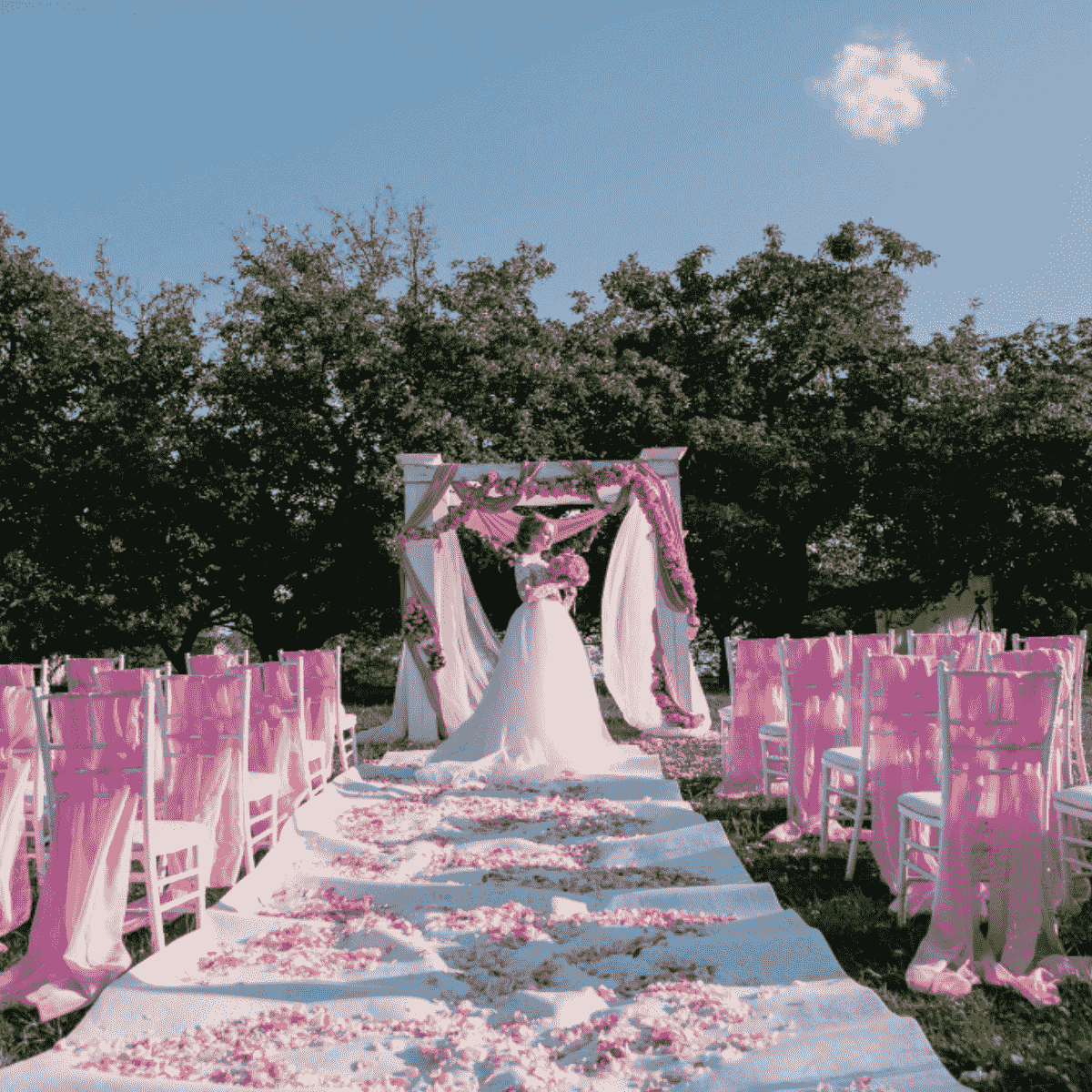Are you dreaming of exchanging vows against a stunning backdrop, far away from home? Destination weddings have become increasingly popular, offering couples the chance to combine their special day with an unforgettable vacation experience. However, before you embark on this romantic journey, there are several important factors to consider. From choosing the perfect location to planning the logistics, this guide will walk you through the essential aspects of having a destination wedding.
1. Introduction
Destination weddings offer a unique blend of celebration and adventure. They allow couples to create lasting memories in a picturesque location while sharing their special day with close family and friends.
2. Selecting the Dream Destination
Choosing the right location is the cornerstone of a successful destination wedding. Consider a place that holds personal significance or offers breathtaking landscapes that resonate with your vision.
3. Understanding Legal Requirements
Different countries have varying legal requirements for weddings. Research and understand the legalities and paperwork necessary to ensure your marriage is legally recognized.
4. Budgeting Wisely
While destination weddings can be stunning, they can also strain your finances. Craft a realistic budget that encompasses travel costs, accommodations, wedding expenses, and unexpected surprises.
5. Choosing the Right Time of Year
Weather can play a significant role in destination weddings. Research the weather patterns of your chosen location and opt for a time of year that offers pleasant conditions.
6. Guest List and Invitations
Be mindful of your guest list as travel may not be feasible for everyone. Send out save-the-date cards well in advance to allow guests to plan accordingly.
7. Finding Accommodation
Research and secure accommodations for your guests in advance. Consider a variety of options to cater to different preferences and budgets.
8. Transportation and Logistics
Plan the logistics of getting to and from your destination. Provide clear instructions for travel arrangements, ensuring that your guests arrive without hassle.
9. Local Cuisine and Catering
Embrace the local flavors by incorporating regional cuisine into your wedding menu. Work with local caterers to create a delightful gastronomic experience.
10. Wedding Décor and Themes
Choose a wedding theme that complements the destination’s ambiance. Incorporate elements from the local culture to add authenticity to your celebration.
11. Entertainment and Activities
Turn your wedding into a week-long celebration by organizing activities for your guests. This could include sightseeing tours, group excursions, or beach parties.
12. Photography and Videography
Capture the magic of your destination wedding by hiring a local photographer and videographer who are familiar with the best shooting locations.
13. Backup Plans for Weather
Outdoor weddings can be susceptible to weather changes. Have a backup plan in place to ensure your big day goes smoothly, rain or shine.
14. Stress-Free Planning
Consider hiring a local wedding planner who can navigate the ins and outs of your chosen destination, alleviating stress and ensuring a seamless experience.
15. Conclusion
A destination wedding offers an enchanting way to tie the knot while creating lifelong memories. From stunning locations to cultural experiences, this unique celebration will forever hold a special place in your heart.
FAQs
Are destination weddings more expensive than traditional weddings?
Destination weddings can vary in cost, but they often include travel and accommodation expenses. However, with careful planning, they can be comparable to traditional weddings.
How far in advance should I start planning a destination wedding?
It’s recommended to start planning at least 12 to 18 months in advance to ensure you secure your preferred location and vendors.
What if some guests can’t attend due to travel constraints?
Understand that not all guests may be able to attend a destination wedding due to travel limitations. Consider hosting a smaller reception at home for those who can’t make it.
How can I incorporate local customs into my wedding ceremony?
Work with a local wedding planner to integrate meaningful cultural elements into your ceremony, such as traditional rituals, music, or attire.
What’s the best way to communicate wedding details to guests?
Create a wedding website with all the necessary information, including travel details, accommodation options, and the itinerary of events.

















Leave a Reply